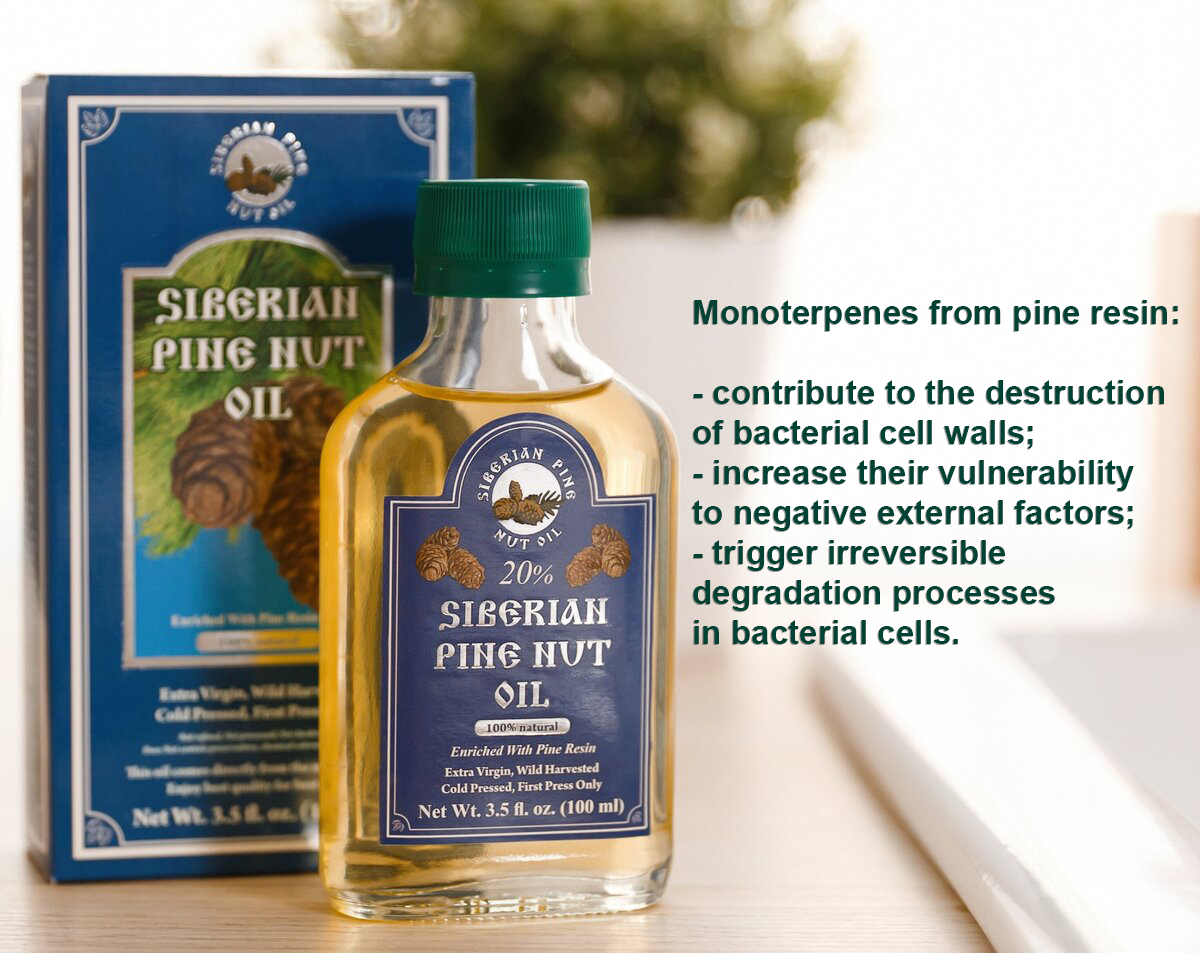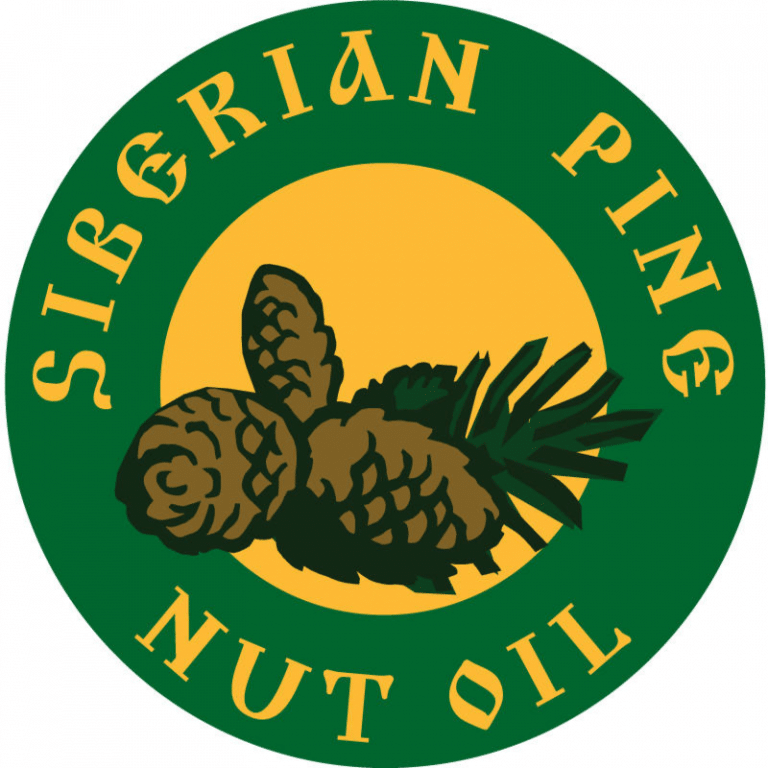Study review: pine resin destroys bacterial cells

The mechanisms of action of pine resin on bacteria and other pathogenic microorganisms are not fully understood, despite the fact that the antibacterial properties of pine resin are widely known and have been proven many times. New studies are regularly published that relate to the characteristics of the impact of pine resin on various strains. One of these studies showed that the monoterpenes limonene and alpha-pinene from pine resin contribute to the destruction of bacterial cell walls, increase their vulnerability to negative external factors, and trigger irreversible degradation processes in bacterial cells.
The bacterium chosen for the experiment is Escherichia coli that multiplies in the lower intestines and can cause severe food poisoning. The results of the experiment can be extrapolated to other types of bacteria, including those affecting other organs besides the gastrointestinal tract, for example, causing respiratory diseases.
Both limonene and alpha-pinene were found to be destructive to bacteria, however the effect of limonene was more pronounced and complex. Changes in bacteria under the influence of monoterpenes from pine resin occur at the cellular and genetic level and include several reactions at once, leading to lysis (dissolution) of bacteria:
- Induction of promoters occurs. Promoters are specific sequences of DNA nucleotides that are responsible for gene transcription (for the transfer of DNA information). In particular, the PkatG and PsoxS promoters were induced.
- As a result of the induction of promoters, DNA damage (SOS response) of the bacterium occurs, and its ability to reproduce is significantly reduced.
- The proteins that make up the bacteria are damaged. This is due to the heat shock caused by the DnaKJE-σ32 complex, as the damaging effects of terpenes reduce the protective properties of bacterial cells.
- The vulnerability of bacterial cells to oxidative stress increases, which also triggers the process of their death.
- – The permeability of the bacterial cell membrane increases, which makes it more vulnerable to both external factors and the body’s immune response.
All of these effects have been documented with limonene, while alpha-pinene mainly increased the bacterium’s vulnerability to heat shock. It was also found that limonene acts on two types of strain, the original and mutated (ΔibpB), and alpha-pinene – only on the mutated one.
Thus, due to the content of monoterpenes in pine resin, its use «makes degrading processes in cells irreversible. This leads to the destruction of the membrane and the release of nucleic acids and proteins outside, which results in the lysis of bacteria.»
REFERENCES
[1] Melkina OE, Plyuta VA, Khmel IA, Zavilgelsky GB. The Mode of Action of Cyclic Monoterpenes (-)-Limoneneand (+)-α-Pinene on Bacterial Cells.
These articles come directly from researchers and are passed on to everybody. siberianpinenutoil.org assumes no liability for any content in these articles. For Educational purposes only. This information has not been evaluated by the Food and Drug Administration. This information is not intended to diagnose, treat, cure, or prevent any disease.
We are ready to deliver pine nut oil:
1380 60th St NE, Cedar Rapids, IA 52402, United States
+1-855-218-0888
info@siberianpinenutoil.org

